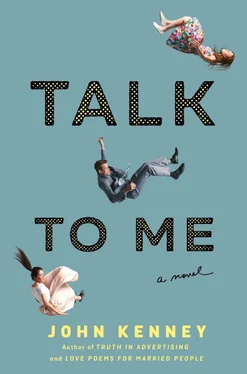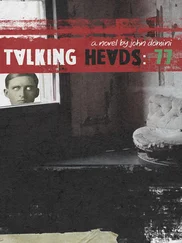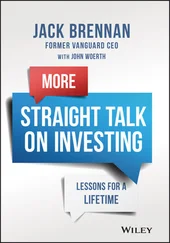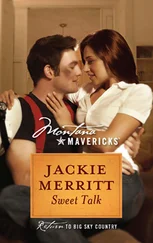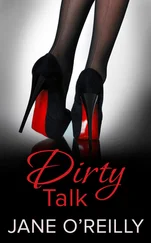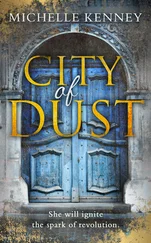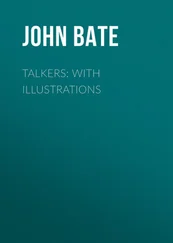Laughs and hoots and cheers.
“In a moment, I’m going to introduce…” The boos built, the chairs slammed.
And here Elena Wolff held up her hands, barely suppressing a smile, magnanimous in her condescension.
“Please… everyone… please. We are defenders of free speech here. As long as it’s correct free speech.”
A roar of approval.
“I’m joking, of course,” she said.
She sipped from a glass of water.
“Freedom of speech is a myth. We are under the impression that we can say most anything we want in this country. Print most anything we want. But we can’t. Nor should we be able to. And in this new world, this constant geyser of words, commentary, counterpoint, scream, anger, vitriol, threat, sexual aggression, misogynistic cruelty, we must stand up, not to free speech, but to despicable speech. Hateful speech. Dangerous speech. Just as Oliver Wendell Holmes did. Oh. But wait, says the ACLU. Who are the arbiters of this so-called taste? We are.”
Applause, hoots.
#FUCKYEAH
#ELENAGENIUS
“We are the arbiters. We are the people who stand on that wall of words saying not on my watch . Not on my watch will you savage a young gay man and tease and humiliate him to his own suicide, as happened last year here at Columbia. Not on my watch will you body shame an author simply because she is clinically obese, as happened in California three months ago. Not on my watch will you post Nazi images on the Twitter page of a Jewish writer who reported on the rise of anti-Semitism in France, as happened two weeks ago. Not on my watch will you call a young, poor immigrant a whore.”
They began chanting. They stood on their seats. Some hammered their seats. Some had brought thunder sticks, the inflated plastic bats used at football games. It was the Colosseum. It was a war cry before battle.
• • •
Ted stood in the wings, brow furrowed, confused at what was happening. He looked out over the sea of faces, these young people, so sure of their own rightness and moral superiority. Perhaps this was the nature of being a college student, a belief that all who’d come before you simply didn’t understand the world now.
Ted didn’t recognize himself in the faces. Didn’t recognize any semblance of the world he had experienced to date. Theirs was a worldview that seemed to lack even basic rules. Dating, sex, religion, government, work. Rules, they believed, were created by straight white men and hence the root of all evil. They believed only in technology and identity. Who needs God when you have Google? Who needs community when you have FaceTime?
Ted’s experience was different. Ted was reared on Froot Loops and Frosted Flakes and Yodels and Ring Dings and Chips Ahoy! and liters of Coca-Cola. Cheeseburgers from Howdy’s and corn in cans and blade steak and instant mashed potatoes. Food was, during much of Ted’s youth, something made quickly from boxes that one simply added water and heat to while watching Gomer Pyle , U.S.M.C. or McHale’s Navy or F Troop or Hogan’s Heroes or Rat Patrol , programs created by traumatized World War II vets who didn’t know what trauma was because the word hadn’t really been invented yet so they self-medicated with brown booze and cigarettes and jokes about pain and long evenings on a screened-in porch looking out at the neighborhood’s quiet darkness, cicadas going, wondering what all of this meant, what it was for, before going to bed in pajamas and waking to do it all over again.
How to explain to these little know-it-alls that Ted’s mother, like so many other mothers in greater Providence, thought it was a good idea, when Ted was three and four years old, to put him in a harness and tie the harness to a tree in the yard, near shade, and a small sandbox, and Ted’s mother, holding Ted’s younger sister, leaning out a screened window to toss little Teddy a baggie with a cut-up orange in it. Today Ted’s mother would be front-page news, shamed and ruined. Back then, what harm?
• • •
The Twitter feed scrolled. One caught Ted’s eye.
Ted Grayson is how Hitler got to power.
Ted couldn’t believe it. He turned to a young man with a headset and a clipboard who appeared to be the stage manager. “Did that say…”
“Hitler? Yup.”
Ted and the boy exchanged a look.
“Godwin’s Law, dude,” the boy said.
“What’s that?”
“Godwin’s Law. I think he was some lawyer guy. He said that if an online discussion goes long enough, at some point, no matter what the topic, someone will compare someone else to Hitler.”
“That’s insane.”
“We had a woman in here last week who’d written a controversial book about gardening and race. Same thing happened.” The kid shrugged. “It’s just what happens now.”
• • •
Elena Wolff began introducing him.
“Ted Grayson is a twenty-nine-time Emmy Award nominee and twelve-time Emmy winner. He is the anchor and managing editor of Continental News Corporation’s nightly broadcast and has been for twenty years this fall. He has reported from every continent and most every major war, hurricane, flood, and tragedy in the last two decades…” But the noise grew, Elena becoming a silent movie star, her lips moving but no sound.
Ted thought of his parents. How glad he was that they weren’t alive to see their son, their good boy, flayed like this. How hard his father had worked his whole life. How he never visited foreign capitals, except with the army. How he never complained. How he looked around when he was in line at the grocery store to see if the person behind him had fewer items, letting them go first. How he pointed out to Ted, as they drove past bus stops, that some people weren’t quite so lucky as the Graysons, to have a car, waiting in the cold and the rain for a bus to take them to a job, a second job, home late at night. How he looked out for the older couple down the street. Shoveled their walkway. How Ted’s mom brought them soups and lasagnas. How they knew everyone in the neighborhood. How his father hummed in the car in the summer, one hand on the steering wheel, one bent arm out the window, stopping at Fisher Dairy for an ice cream cone for Ted and a coffee frappe for Dad. “I don’t see why not,” his father saying with a smile and a wink. And that’s all Ted needed to know he had a place in the world, that he was loved.
What had happened to kindness? Maybe Ted should Google that.
• • •
Elena had to shout above the noise, the boos, the “You suck , man,” as she said, “Please welcome Ted Grayson.”
Elena waited for Ted at the two chairs by the two microphones. She made no effort to meet him halfway. No effort to take a few steps toward him. Ted would have done it, had he been the host. A small gesture, a few steps toward a guest, to make someone feel welcome. Elena waited, looking at Ted with a smile that felt more like a smirk. Ted walked out onstage as scores of people in the crowd turned their backs to him.
It felt like a long walk, his legs heavy. More and more students turned their backs, the noise deafening now. Ted reached his hand out to shake Elena’s but she seemed to decide, at the last minute, to not shake his hand, to put her head down and sit. Ted was left with his arm extended, looking like a presidential candidate on Saturday Night Live .
He heard someone laugh and yell “You douche!”
Ted sat and adjusted the microphone.
Elena said, “People… please. Could we please have some quiet.”
They listened to her.
“Ted. Do you believe that a fifty-nine-year-old white man with misogynist tendencies is the best person for millions of people to trust?”
Читать дальше
